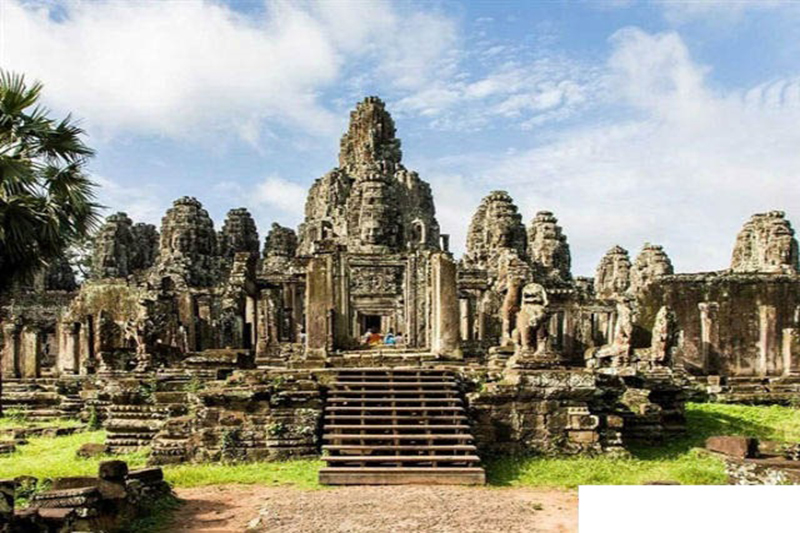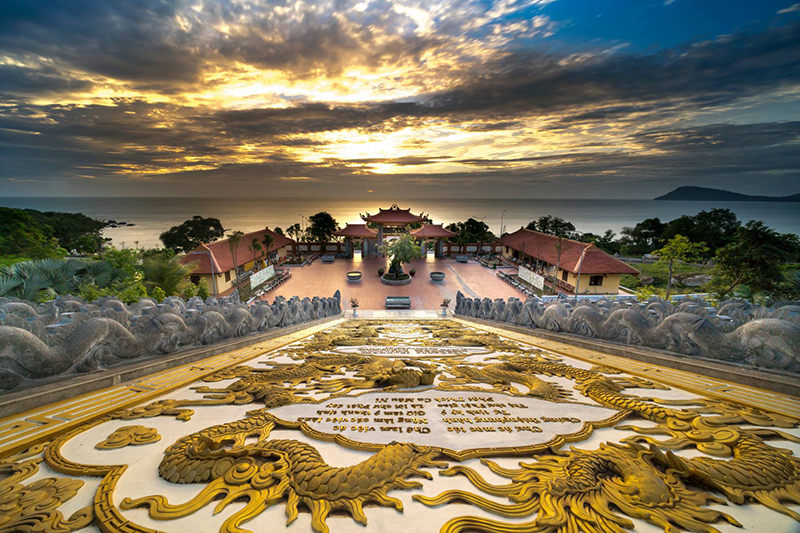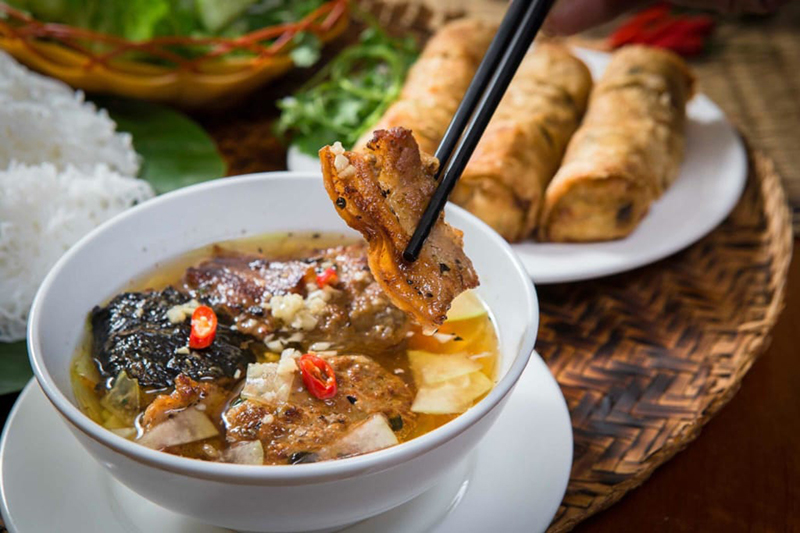-
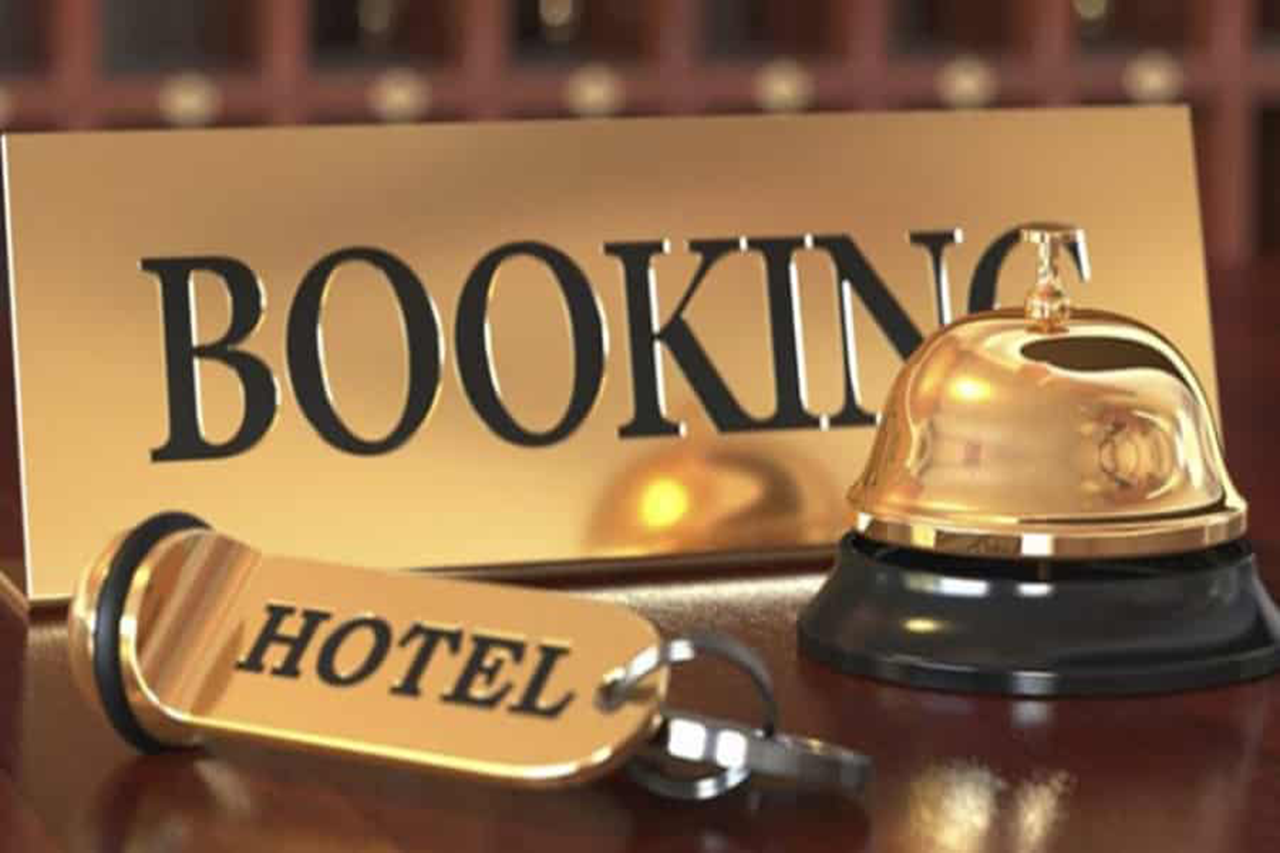
Booking Tips for Hotels in Vietnam: What Every Traveler Should Know
-
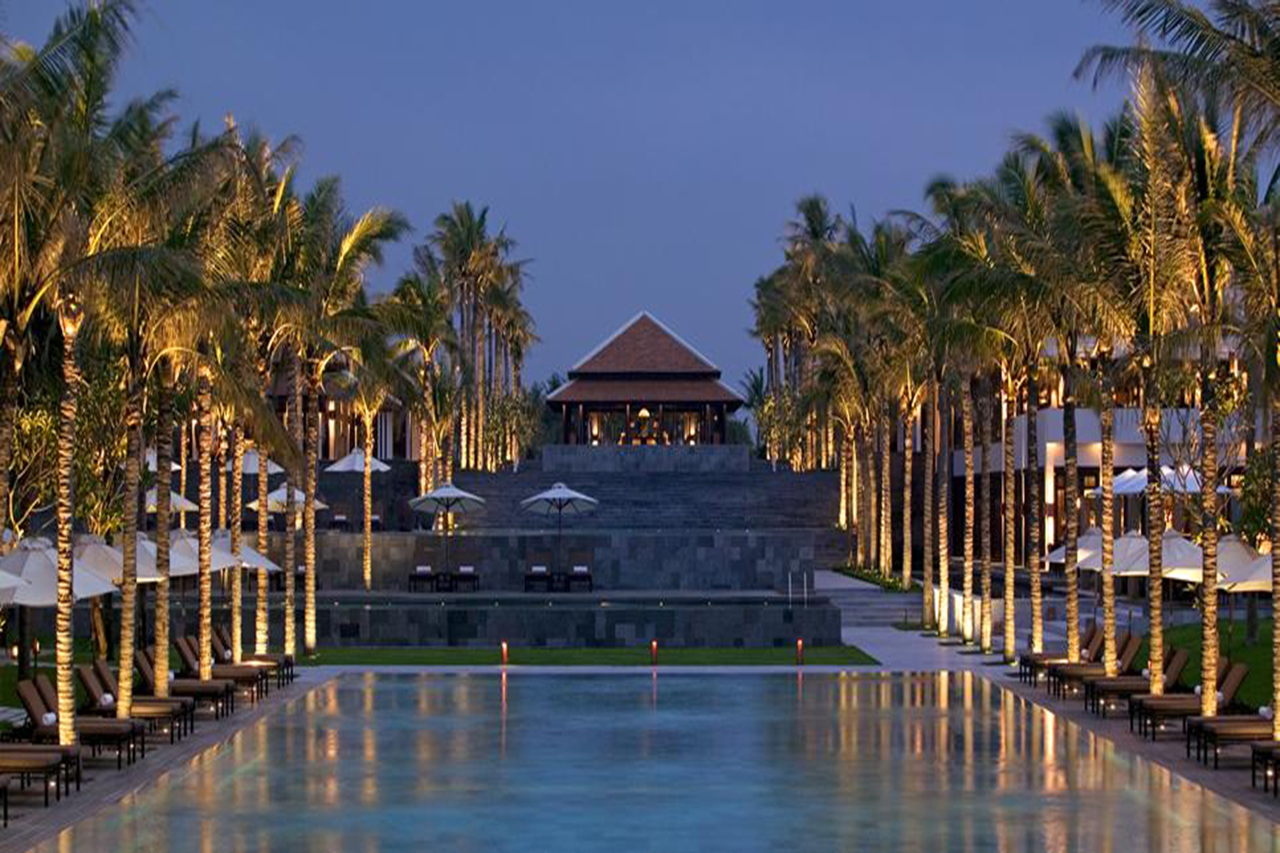
Exploring Local Culture Through Your Hotel Stay in Vietnam
-

Family-Friendly Hotels in Vietnam: Comfort for All Ages
-
.png)
Vietnamese Design Meets Global Comfort: Aesthetic Trends in Hotels
-
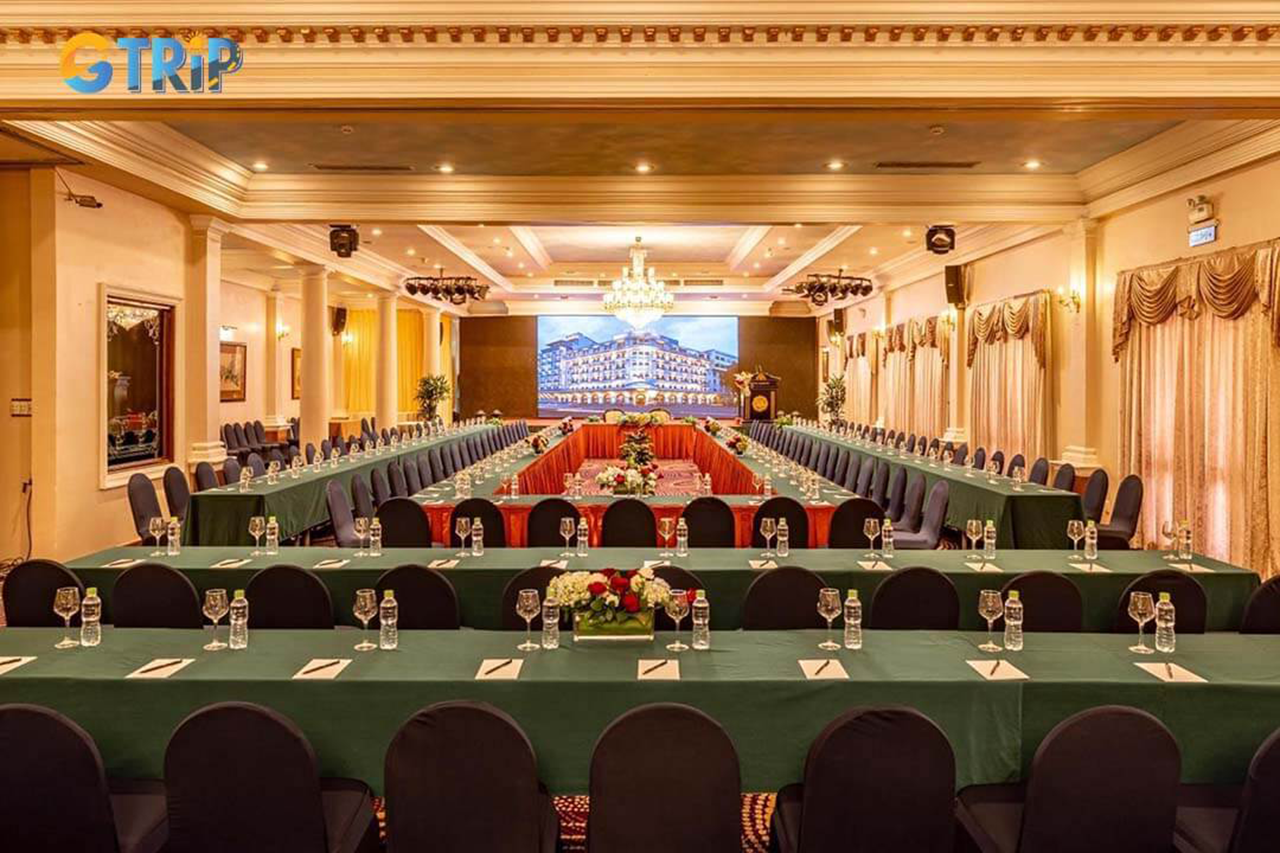
Business Travel in Vietnam: Hotels That Understand the Modern Professional
Booking Tips for Hotels in Vietnam: What Every Traveler Should Know
1. Understand the Range of Options
Vietnam offers a wide variety of accommodation types, from budget guesthouses and hostels to boutique hotels, eco-resorts, five-star chains, and homestays. Knowing what experience you're looking for will help narrow down your choices:
-
Luxury traveler: Look for international chains, resorts in Phu Quoc, Da Nang, or Con Dao.
-
Cultural explorer: Consider boutique hotels in Hanoi or Hoi An.
-
Family vacation: Choose resorts with kids’ clubs and family suites.
-
Backpacker or solo traveler: Hostels and guesthouses in Hanoi, Ho Chi Minh City, and Da Lat offer affordability and social spaces.
2. Booking with Travel Agencies (TAs)
In addition to Online Travel Agencies (OTAs), working with a trusted local or international travel agency (TA) can provide a more customized experience. Travel agencies in Vietnam often have close relationships with hotels, which allows them to secure better rates, room upgrades, and special amenities for their clients.
Benefits of booking through a TA include:
-
Tailored recommendations based on your travel style and budget
-
Personal assistance with itinerary planning and special requests
-
Access to package deals and group rates
-
Reliable support in case of last-minute changes or issues
Reputable TAs also help bridge the language and cultural gap, especially useful for first-time visitors to Vietnam.
3. Check Location Carefully
In Vietnam, being "central" can mean different things. For example:
-
In Hanoi, "Old Quarter" means walkable access to tourist hotspots, while "Westlake" is more serene and residential.
-
In Hoi An, some hotels are in the Ancient Town; others are near the beach, 4-5 km away.
-
In beach destinations like Nha Trang or Da Nang, check beachfront vs. city-center distances.
Use Google Maps, read guest reviews, and double-check the actual location of the hotel before booking.
4. Read the Fine Print on Amenities
Not all amenities listed are guaranteed unless specified. Always verify:
-
Breakfast included? Some rates don’t include it.
-
Air conditioning or fan only? Important in warmer months.
-
Pool and gym hours
-
Wi-Fi quality: Some hotels in rural areas may have limited connectivity.
-
Parking and transportation: Especially if you’re renting a car or bike.
Reading recent guest reviews on these topics can help avoid surprises.
5. Watch for Local Holiday Rates
Vietnamese public holidays—especially Tet (Lunar New Year), Reunification Day, National Day, and Independence Day—often see hotel rates spike. During these periods:
-
Book far in advance
-
Expect higher prices and limited availability
-
Be aware of local crowds in popular tourist areas
Off-season bookings (e.g. during the rainy season in the South) can save up to 30-50%.
6. Understand Star Ratings in Context
A 3-star hotel in Vietnam might offer 4-star service but with simpler infrastructure. Ratings can be generous in some areas, especially with newer properties.
To get a better sense of quality:
-
Focus on guest ratings rather than star count
-
Look for consistent feedback across multiple platforms
-
Consider factors like cleanliness, staff responsiveness, and breakfast quality
7. Communicate Special Requests Clearly
Vietnamese hospitality is known for its warmth, and hotel staff will usually try to accommodate your needs. If you:
-
Have mobility concerns
-
Need an early check-in or late check-out
-
Require adjoining rooms or baby cots
-
Want a vegetarian or halal meal option
Contact the hotel in advance through email or a phone call. Most staff speak English, especially in larger or tourist-focused cities.
8. Don’t Forget Local Alternatives
In addition to standard hotels, Vietnam also offers:
-
Homestays: Great in rural areas like Sapa, Ha Giang, and the Mekong Delta
-
Villa rentals: Ideal for groups in beach towns
-
Farmstays and ecolodges: Found in Da Lat, Pu Luong, and Mai Chau
These can provide more authentic, immersive, and often affordable options.
9. Verify Policies on Payments and Cancellations
Be aware of:
-
Cash vs. card: Some smaller properties prefer or only accept cash.
-
Deposit requirements: Especially for high-end resorts.
-
Cancellation policies: Flexible bookings are ideal in case of travel delays or weather disruptions.
-
Currency conversion rates: Prices may be quoted in USD but charged in VND.
Always ask for a confirmation email that includes all terms.
10. Know What to Expect
Vietnamese hotels may differ from Western norms in small ways:
-
Shower drains: Sometimes outside the enclosed area
-
Beds: Often firmer than Western standards
-
Breakfast: May include pho, fried rice, and local dishes alongside toast and eggs
Approaching your stay with openness and curiosity can enhance the experience. Remember, every cultural quirk adds character to your journey.
Booking a hotel in Vietnam is more than a transaction—it’s the first step in your travel experience. With the right research, clear communication, and a spirit of exploration, your stay will not only be comfortable but also unforgettable.
From tranquil retreats in the mountains to chic city stays and beachfront escapes, Vietnam has a room for every traveler’s dream. All you have to do is book smart, stay open-minded, and enjoy the journey.
Related articles

